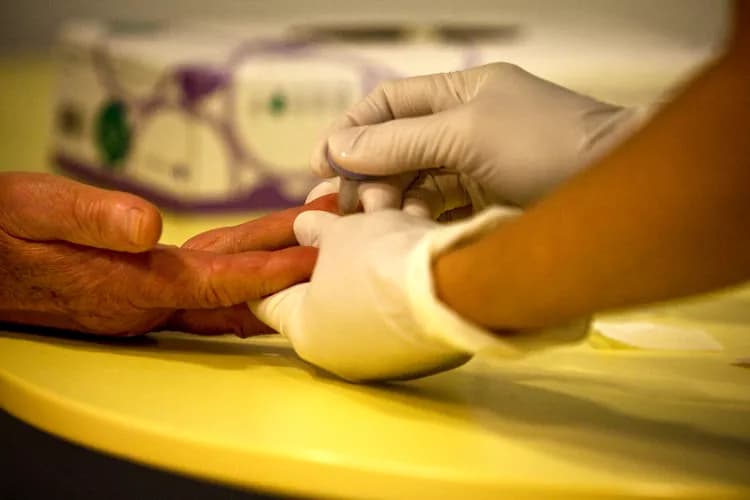
Diabetes Complications Declined Dramatically, CDC Says
The Centers for Disease Control and Prevention reports that diabetes-related health complications, including heart attack, stroke, and kidney failure have drastically declined in the United States during the past 20 years.
The study was published in the New England Journal of Medicine.
Diabetes is a metabolic disease in which a person has unusually high blood sugar. The most common form is linked to obesity, and the number of diabetics has spiked with the rise of obesity. Today, approximately 1 in 10 United States adults has the disease. According to the CDC, diabetes is the seventh leading cause of death in the United States. Researchers believe that both diabetes and its related complications carry 176 billion dollars in total medical costs every year.
To investigate tendencies in diabetes-related complications in the United States between 1990 and 2010 for diabetics ages 20 or older, the CDC team gathered data from the National Health Interview Survey, National Hospital Discharge Survey, US Renal Data System and Vital Statistics.
The researchers found that during that time, the heart attack rate dropped by 68 percent, from 141 to 45.5 per 10,000 diabetics, even when the number of diabetes patients increased. The actual number hospitalized with heart attacks dropped from more than 140,000 to about 136,000. The stroke rate fell less dramatically, but still declined by more than half, finishing at 53 per 10,000.
The study also found kidney failure rates have declined by 28 percent. However, this was not true for all ages; the number increased in patients 65 and older. This may suggest people with diabetes are living longer, or long enough to develop kidney disease.
The number of people with diabetes is still on the rise. In 1990, 6.5 million adults reported diabetes, while in 2000, over 20 million died. The team says this prevalence increase means the major diabetes-related complications remain a problem.
Lead author Edward Gregg, senior epidemiologist in the CDC's Division of Diabetes Translation, says, “These findings show that we have come a long way in preventing complications and improving quality of life for people with diabetes. While the declines in complications are good news, they are still high and will stay with us unless we can make substantial progress in preventing type 2 diabetes.”
Researchers believe that diabetes-related complications over the past 20 years have declined because of the recent health care services, risk factor control and increasing awareness of diabetes complications.
Additional Resources:
Changes in Diabetes-Related Complications in the United States, 1990–2010
Related Articles
Test Your Knowledge
Asked by users
Related Centers
Related Specialties
Related Physicians
Related Procedures
Related Resources
Join DoveHubs
and connect with fellow professionals

0 Comments
Please log in to post a comment.